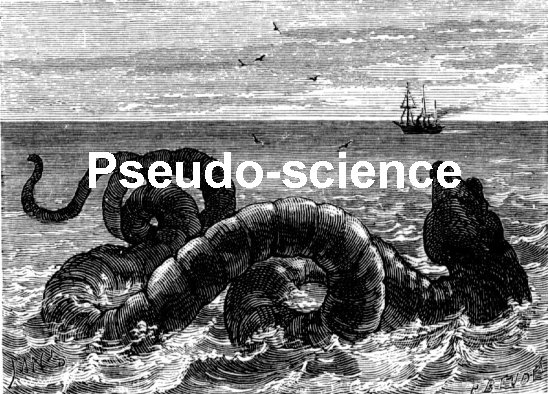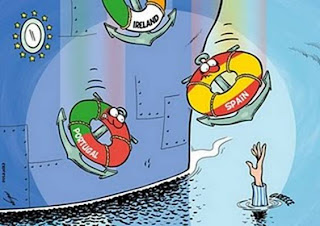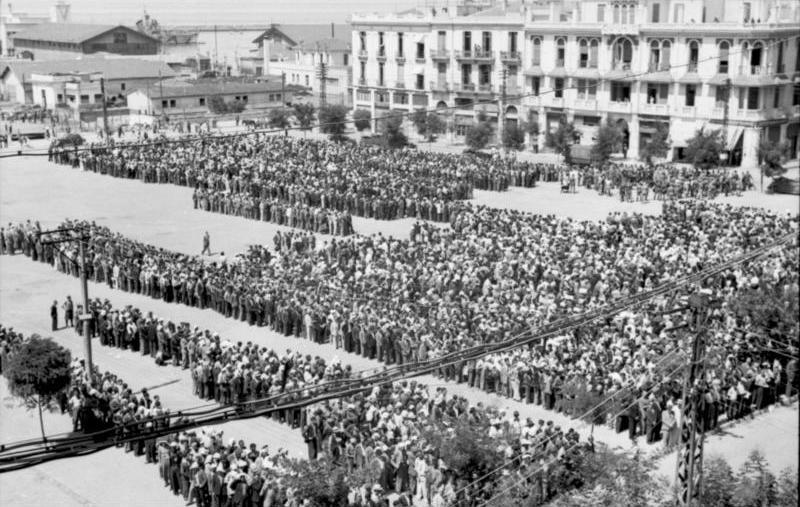by Christos Karatzios MD
«ΕΣΤΙΝ ΟΥΝ ΕΛΛΑΣ ΚΑΙ Η ΜΑΚΕΔΟΝΙΑ»
(Estin oun Ellas ke i Makedonia) “Macedonia, is of course a part of Greece”
Strabo, Geography, book 7, Fragment 9 (circa 7 BC – 23 AD)
With this quote, Strabo, the famous ancient Greek historian and geographer described the relation of Macedonia to the rest of Greece when he was describing the known ancient world. The rest of his geographical encyclopedia describes the Macedonians and their lands and is a testament to the Hellenism of Macedonia through the perspective of the ancients [1].
There is overwhelming evidence that the ancient Macedonians, their civilization, their culture, and their history were Greek ever since they settled the lands north of Mt. Olympus about 2,000 BC, and most modern classical scholars and archaeologists agree on these points [2]. As it stands, even historians like Eugene Borza who have not totally supported the fact that the ancient Macedonians were Greek, do state that by the time of Philip II and Alexander the Great, they had been absorbed and assimilated by the Greeks [3]. However, since Borza, more....
«ΕΣΤΙΝ ΟΥΝ ΕΛΛΑΣ ΚΑΙ Η ΜΑΚΕΔΟΝΙΑ»
(Estin oun Ellas ke i Makedonia) “Macedonia, is of course a part of Greece”
Strabo, Geography, book 7, Fragment 9 (circa 7 BC – 23 AD)
With this quote, Strabo, the famous ancient Greek historian and geographer described the relation of Macedonia to the rest of Greece when he was describing the known ancient world. The rest of his geographical encyclopedia describes the Macedonians and their lands and is a testament to the Hellenism of Macedonia through the perspective of the ancients [1].
There is overwhelming evidence that the ancient Macedonians, their civilization, their culture, and their history were Greek ever since they settled the lands north of Mt. Olympus about 2,000 BC, and most modern classical scholars and archaeologists agree on these points [2]. As it stands, even historians like Eugene Borza who have not totally supported the fact that the ancient Macedonians were Greek, do state that by the time of Philip II and Alexander the Great, they had been absorbed and assimilated by the Greeks [3]. However, since Borza, more....





















